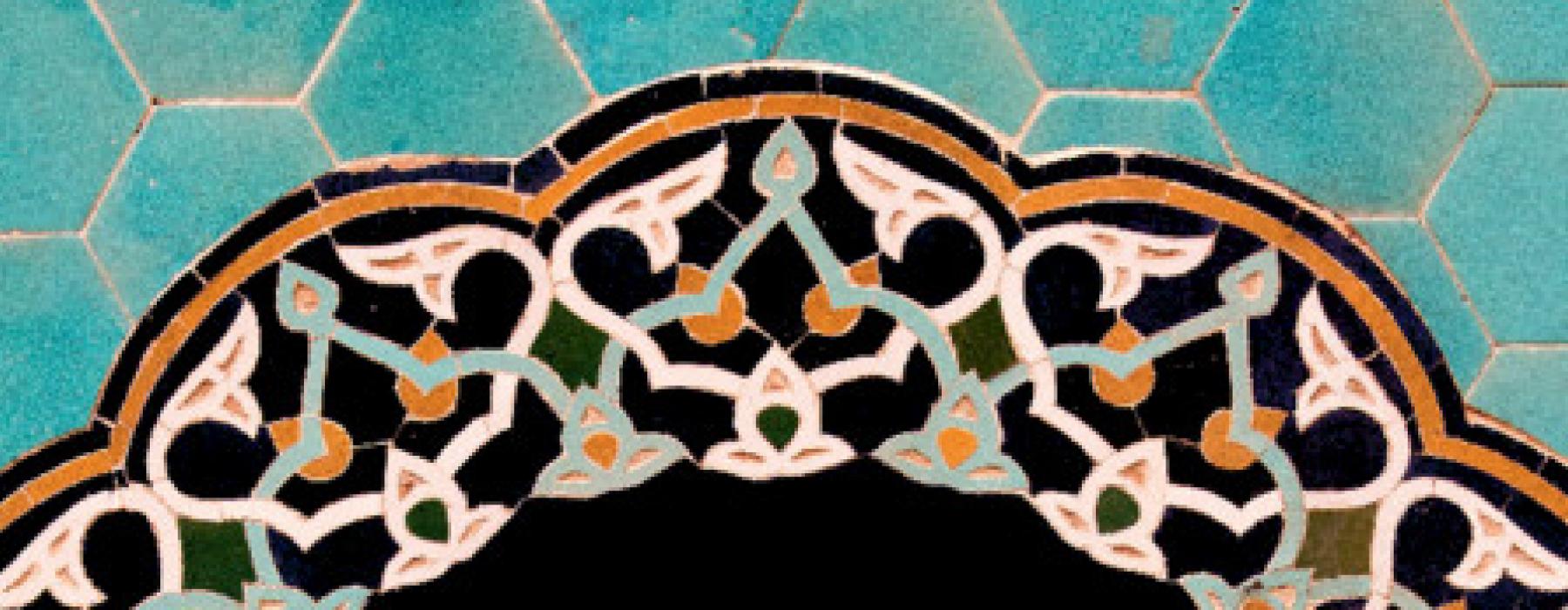
What is art if the heart is the primary sensory organ? What is history when poetry transcends time? What is geography when wonders exceed the terrestrial? What is Islam if it begins in antiquity, breathes in the Bible, and breathes out the Qur'an? To whom does religion belong if it deactivates the past on which it claims to stake its legacy? What are the boundaries of media in transcultural understanding? What is 'Islamic' Art: Between Religion and Perception challenges the dominance of modern epistemic framework derived from European models in art history. Instead, it analyses theological, philosophical and poetic texts to develop a decolonial approach to the cultures of perception in Islam.



